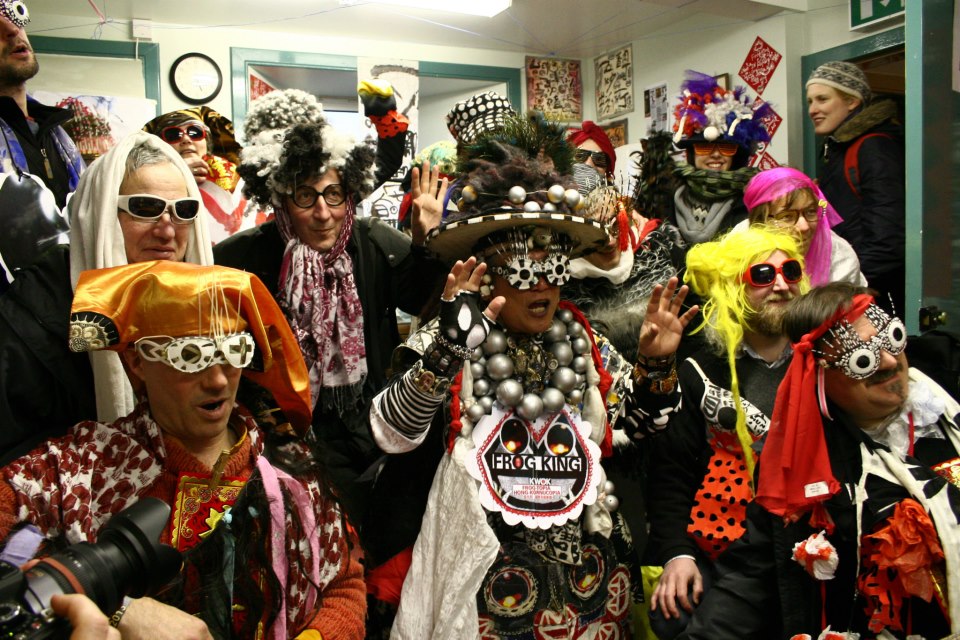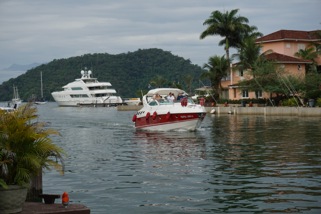[Savage Minds is pleased to publish this essay by guest author Stuart McLean as part of our Writers’ Workshop series. Stuart is Associate Professor of Anthropology at the University of Minnesota. He is the author of The Event and Its Terrors: Ireland, Famine, Modernity (Stanford University Press, 2004). In 2013, together with Anand Pandian, he convened an Advanced Seminar at the School of American Research on Literary Anthropology.]
What if anthropology were to suspend its claims to be a social science, whether of a geisteswissenschaftliche or a positivist variety? What if it were to turn instead to exploring its affinities with art and literature as a mode of engaged creative practice carried forward in a world heterogeneously composed of humans and other-than-humans? I am prompted to reflect on these questions by an encounter from my recent fieldwork.

In February 2013, I participated in Frogtopia. At once no place and multiple places, Frogtopia is the creation of Frog King, who in turn is the creation, or the costumed alter ego of Kwok Mang-ho. Born in Guangdong province in 1947 and educated in Hong Kong, where he now lives, Kwok is recognized today as one of the pioneers of multimedia and performance art in China. His output consists of a proliferation of works in a variety of media: video, photography, ink on paper, costumed performance and found materials such as plastic bags. His approach, typically, is to fill his canvases and exhibition and performance spaces with his characteristic motifs, including calligraphy, inflated plastic bags suspended from strings and the frog image that has played an increasingly conspicuous part in his work. Kwok has stated in interviews that he was drawn to the figure of the frog because of its metamorphic life cycle and its capacity to move between land and water. At the same time the image is meant to evoke a range of other associations, its bulging eyes embodying watchfulness and suggesting too a bridge for exchange and communication between Chinese and Western artistic influences and a sail boat for journeying to new places. Continue reading

